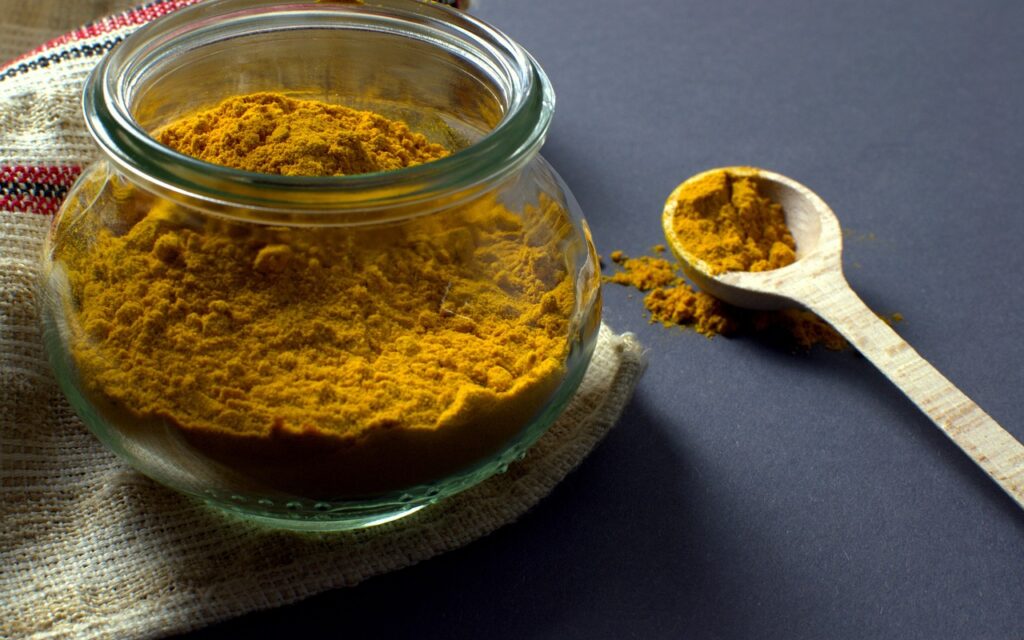Curcumin, a natural compound derived from turmeric, has garnered considerable attention due to its potential implications in cancer prevention and treatment. It’s crucial to acknowledge that ongoing research in this domain necessitates additional clinical trials for a definitive assessment of its effectiveness. Here’s a summary of the existing knowledge about the connection between curcumin and cancer, accompanied by references to relevant studies:
Anti-Oxidative and Anti-Inflammatory Properties: Curcumin is renowned for its robust anti-oxidative and anti-inflammatory attributes. Chronic inflammation and oxidative stress are known contributors to cancer development. Curcumin’s ability to reduce inflammation and combat oxidative damage may confer protective benefits against cancer.
Suppression of Tumor Growth and Metastasis: Preclinical investigations propose that curcumin has the potential to hinder the proliferation of cancer cells and their metastatic spread.
Chemopreventive Potential: Curcumin has been the subject of exploration regarding its chemopreventive potential, implying its ability to thwart cancer development in individuals at risk. Studies have delved into its impact on various cancer types, encompassing breast, colon, and prostate cancers.
Augmentation of Traditional Cancer Therapies: The role of curcumin in enhancing the efficacy of conventional cancer treatments, including chemotherapy and radiation therapy, is under scrutiny. Some evidence indicates that it may sensitize cancer cells, rendering them more responsive to these treatments.
Clinical Trials and Safety: While laboratory and animal studies have generated promising results, human clinical trials have yielded mixed findings. While some studies have suggested potential advantages of curcumin in cancer patients, others have not demonstrated significant effects.
It’s imperative to seek guidance from a healthcare professional before integrating curcumin supplements into your cancer prevention or treatment strategy, as they may interact with medications and may not be suitable for all individuals. While curcumin exhibits promise as a prospective cancer-fighting compound, the precise role and efficacy of curcumin in cancer management necessitate further rigorous clinical research.
